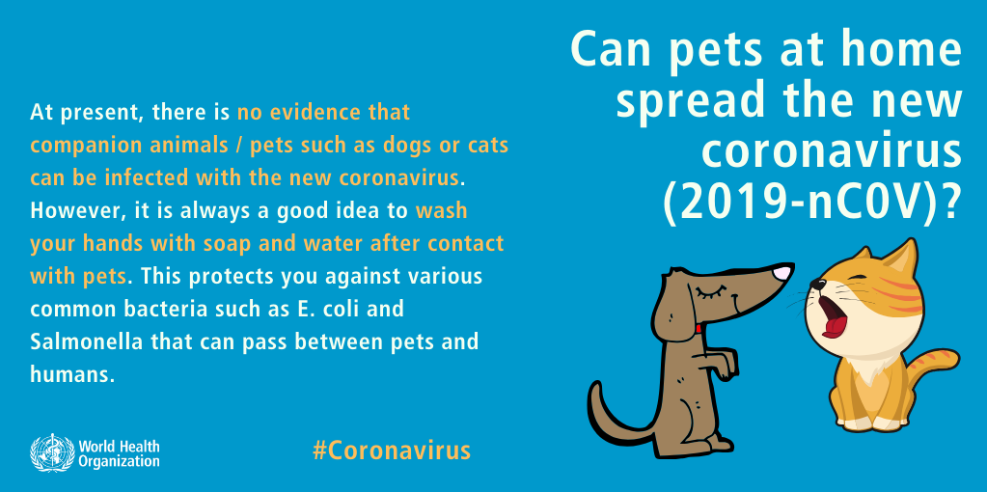Worms
Heartworm is one of the most destructive parasites to companion animals. Your dog or cat acquires heartworm through a mosquito bite. Once inside your pet, heartworm can reproduce multiple times and grow up to one foot in length. The pest gets its name because it usually lives in an animal’s heart chambers. It can also get into their lungs and blood vessels and cause death by preventing normal blood flow. Symptoms of heartworm include:
- Fatigue
- Cough
- Weight loss
- Exercise intolerance
- Rapid breathing
- Bulging chest
- Sudden collapse
It is also important to have a parasite control program in place for hookworm, whipworm, and ringworm. Though not as common as heartworm, these worms can cause significant damage.
Fleas and ticks
Fleas can be found outdoors in Newport Beach, CA, on other animals, and inside your home. Although miniscule, they can jump several feet to attach to your pet’s coat. Common signs that your pet has fleas include:
- Bald spots of fur
- Itching
- Biting the skin
- Skin irritation
Ticks feast on your pet’s blood and are commonly found on the face, legs, ears, and belly. They cause serious health conditions such as Rocky Mountain Spotted Fever and Lyme Disease. Signs of tick infestation include:
- Fever
- Appetite loss
- Lethargy
- Depression
- Inflamed skin
- Redness
- Itching
Your pet’s parasite control program in Newport Beach, CA
The veterinarians at Newport Center Animal Hospital will help you evaluate options such as heartworm pills, flea powders, and tick repellants to determine which prevention methods are best. Please contact us at (949) 644-5460 to establish or change your pet’s parasite control program.


